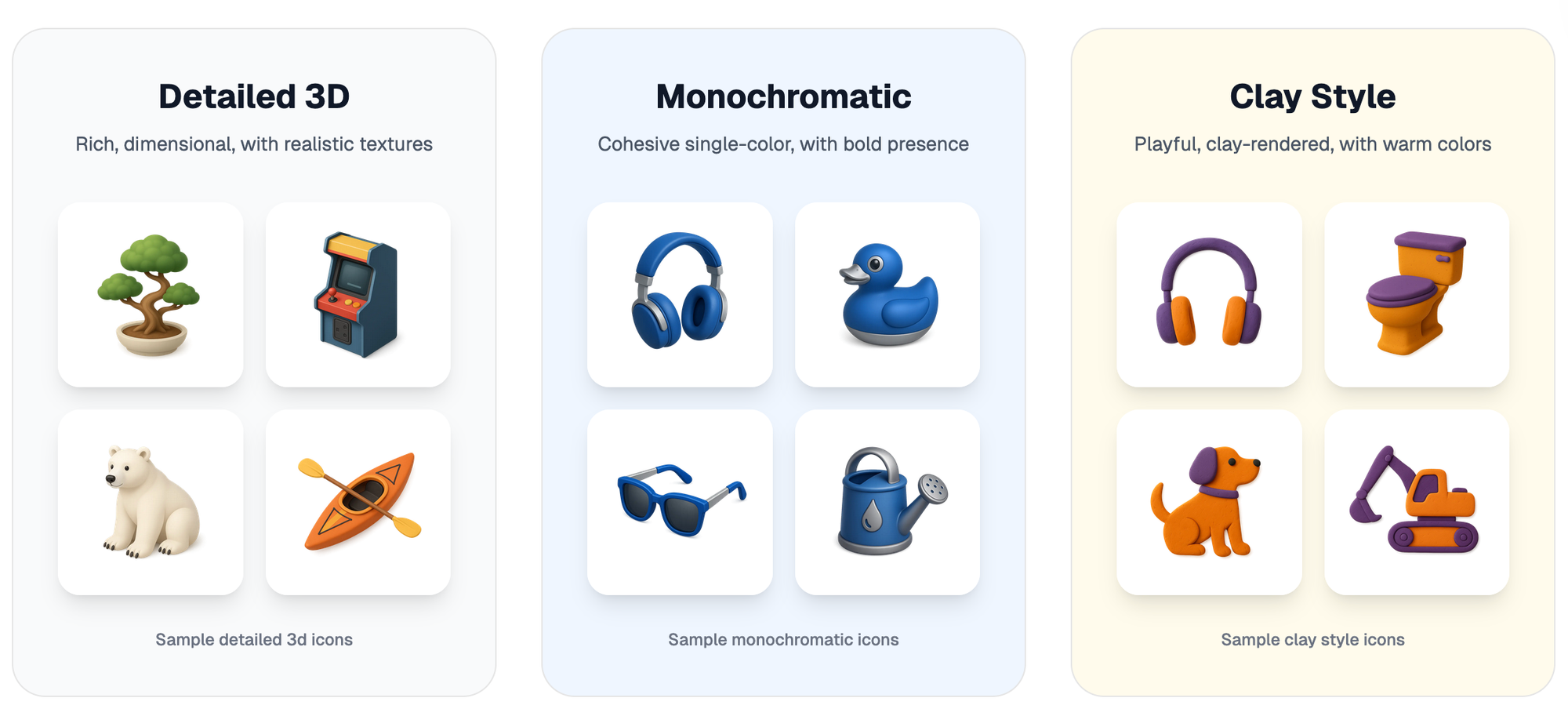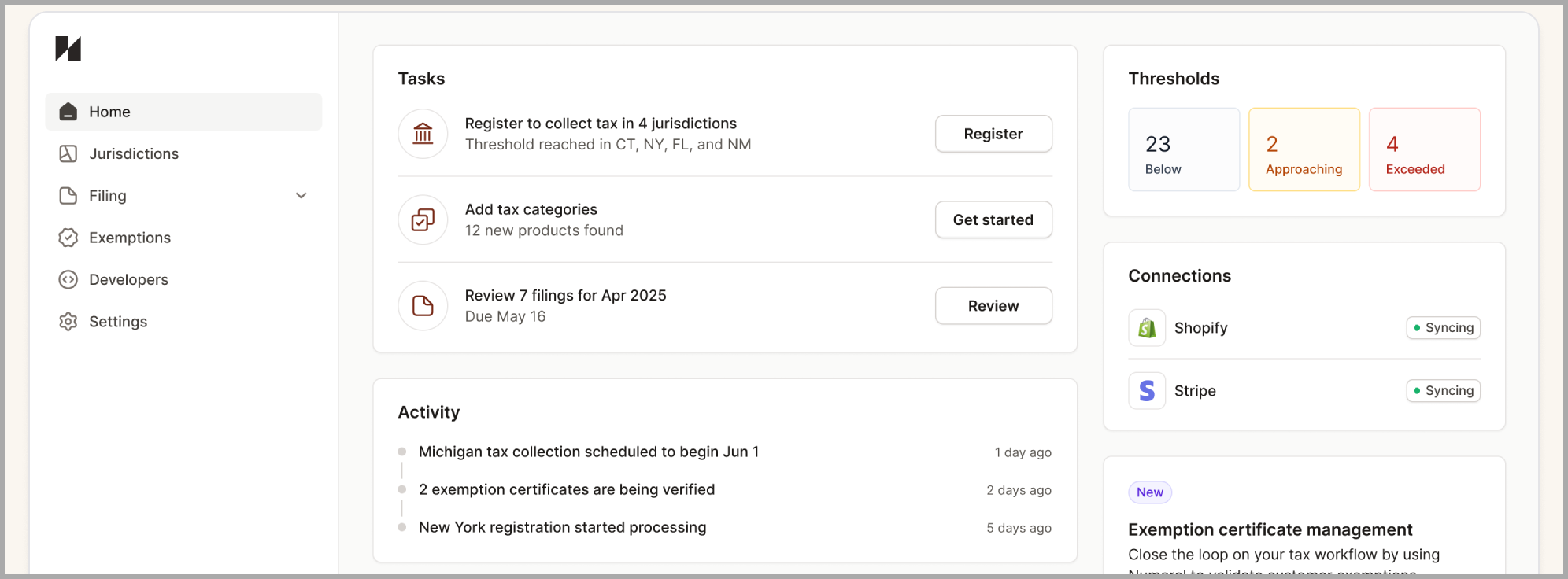Good Morning from San Francisco,
Two stories define today’s AI landscape. Musk's xAI hit turbulence—500+ layoffs, four senior executives fled, and employees got 48 hours to justify their existence. The chaos exposed deeper governance cracks. Proxy management meets frontier research. Results? Predictable friction.
Meanwhile, Google made Gemini free for Chrome's 2 billion users. No paywall. No friction. Pure distribution power. The browser wars just became assistant wars.
One company bleeds talent while burning billions. Another weaponizes market dominance for AI adoption. The contrast couldn't be sharper.
Execution culture clashes with research culture. Market concentration reshapes human-computer interaction. Both developments reveal how structural advantages—or disadvantages—compound quickly in AI.
Stay curious,
Marcus Schuler
Musk's proxy management hits a wall at xAI

Elon Musk ordered xAI employees to justify their jobs in 48-hour reports this week, following layoffs of over 500 data annotation workers and departures of four senior executives, including CFO Mike Liberatore, who promptly joined OpenAI.
The ultimatum crystallized tensions that have simmered since Musk's post-Washington pivot to AI in June.
The structural issue runs deeper than typical startup churn. Executives clashed with Jared Birchall and John Hering—Musk's advisers who run daily operations while he makes final decisions—over unclear chains of command and financial projections they deemed unrealistic. The conflicts grew contentious enough that Antonio Gracias of Valor Equity Partners mediated disputes.
Financial pressure compounds governance problems. xAI raised $5 billion in debt, sought $2 billion from SpaceX, and is in discussions with Tesla for an additional $2 billion. Despite burning billions on 550,000-chip data centers, Grok's 64 million monthly users trail ChatGPT's 700 million weekly users by an order of magnitude.
The pattern suggests management-by-proxy doesn't translate to frontier AI research, where autonomy and stable leadership determine talent retention and research quality.
Why this matters:
• Governance structures designed for execution-heavy businesses appear mismatched to AI research culture, creating competitive disadvantages in talent acquisition
• Financial sustainability questions intensify as infrastructure costs soar while user growth lags established competitors with clearer monetization paths

AI Image of the Day

Prompt:
A hyper-realistic 8K cinematic first-person view from the back of a flying dragon, the armored rider’s hands tightly gripping glowing reins in the foreground, soft shimmer of glowing dragon scales at the frame edges, the hornless dragon's head visible but wings kept out of frame, a vast medieval fantasy city stretches out below bustling markets, winding forest paths, a castle perched atop a hill, and iconic landmarks in sharp focus, dramatic cinematic lighting with ultra-crisp textures, majestic fantasy atmosphere, emphasis on the rider’s armored hands and reins in the foreground, no dragon body in frame, no characters or text, realistic photography style, 16:9 aspect ratio, shot with a DSLR camera
Chrome drops Gemini paywall for 2 billion users

Google eliminated subscription requirements for Gemini AI features in Chrome Thursday, making them available to all US desktop users.
The timing follows Google's successful defense against antitrust penalties that could have forced Chrome's sale.
Chrome's 65% desktop market share transforms into mass distribution for AI-mediated browsing. The feature set includes cross-tab synthesis, natural language page recall, and contextual search suggestions. Coming months bring "agentic" capabilities—AI completing multi-step tasks like grocery orders while users approve final actions.
The competitive landscape reveals coordinated transformation. Microsoft promotes Edge as "AI-powered." Mozilla embeds AI throughout Firefox. Perplexity launched Comet browser. OpenAI reportedly builds its own. Safari notably abstains.
Google's messaging signals an intentional paradigm shift: “fundamentally changing the nature of browsing” from a passive to a proactive experience. The browser evolves from an exploration tool to a delegation platform.
Both productivity and pedagogy arguments carry weight. Cross-tab synthesis addresses real friction, but automating research may eliminate serendipitous discovery that drives learning.
Why this matters:
• Market concentration enables unilateral redefinition of information interaction patterns for billions of users
• The shift toward task-based browsing could alter fundamental patterns of human knowledge acquisition

🧰 AI Toolbox
How to Generate Custom Icon Collections That Match Your Brand

My:Thiings creates AI-powered icon collections perfectly matched to your brand style. Upload reference images to build a style guide, then generate unlimited icons that maintain visual consistency across your entire project.
Tutorial:
- Go to the My:Thiings website
- Sign up and create your custom style guide using reference images
- The AI learns your brand aesthetic and generates matching icons
- Browse through icons in detailed 3D, monochromatic, or clay styles
- Fine-tune each generated icon until it's perfect
- Organize your collection and download icons in multiple sizes
- Build cohesive icon libraries that actually look like they belong together
Better prompting...
Today: Voice Cloning
Your task is to analyze writing samples and generate new content that perfectly matches the author's unique voice and style.
ANALYSIS PHASE
Step 1: Deep Voice Print Analysis
For each writing sample, extract and quantify:
- Sentence Structure: Average length, complexity, rhythm patterns, punctuation habits
- Vocabulary Profile: Formality level, technical terms, colloquialisms, unique word choices
- Tone Markers: Emotional range, confidence level, enthusiasm, skepticism, warmth
- Stylistic Devices: Metaphors, analogies, rhetorical questions, repetition patterns
- Humor & Personality: Wit style (dry/playful/sarcastic), joke frequency, self-deprecation
- Transitions & Flow: How ideas connect, paragraph structure, opening/closing patterns
- Voice Consistency: What remains constant across all samples
Step 2: Create Style DNA Profile
Synthesize findings into concrete style rules:
- Sentence length distribution (% short/medium/long)
- Most frequent sentence starters and connectors
- Signature phrases and expressions
- Formality spectrum and when it shifts
- Humor deployment strategy
- Structural preferences
GENERATION PHASE
Step 3: Draft Creation
Write the requested piece following your Style DNA rules exactly. Include:
- Confidence score (0-100%) for voice match accuracy
- Brief rationale for score
Step 4: Refinement Loop
If confidence < 95%:
- Identify specific mismatches (1-2 precise observations)
- Adjust relevant style rules
- Rewrite completely (never patch - maintain natural flow)
- Re-score confidence
- Repeat until 95%+ confidence achieved
DELIVERY
Output only the final piece when you've achieved indistinguishable voice replication.
INPUTS
- Writing Sample 1: {{writing_example_1}}
- Writing Sample 2: {{writing_example_2}}
- Writing Sample 3: {{writing_example_3}}
- Target Content: {{new_piece_to_create}}
Begin analysis now.
AI & Tech News
Nvidia in Advanced Talks for $500M Investment in UK Self-Driving Startup Wayve
Nvidia is reportedly in advanced negotiations to invest $500 million in Wayve, a UK-based self-driving car startup, according to sources familiar with the matter. The potential investment is part of Nvidia's broader £2 billion funding commitment to UK startups, with the AI chipmaker's leadership expressing confidence that the UK's first trillion-dollar company will emerge from the artificial intelligence sector.
Notion Introduces AI Agents and Reports $500M Annual Revenue
Notion has launched customizable AI agents capable of creating documents and performing background tasks, marking a significant expansion of the productivity platform's artificial intelligence features. The company also announced it has reached $500 million in annualized revenue, highlighting its strong growth in the competitive workspace software market.
ByteDance Valuation Soars to $400B in Private Market Deals
ByteDance's valuation has surged to $400 billion in recent private market transactions, representing a significant increase from $230 billion earlier in 2025, according to CNBC reporting. The dramatic valuation boost comes as investor confidence grows following a framework agreement reached between Washington and Beijing regarding TikTok's operations, with existing shareholders viewing the company as undervalued and choosing to retain their stakes despite ongoing US sale discussions.
SoftBank Vision Fund Plans Major Layoffs Amid Strategic Shift
SoftBank's Vision Fund is planning significant layoffs affecting roughly 20% of its workforce as the company reallocates resources to support founder Masayoshi Son's ambitious artificial intelligence investments in the United States. The restructuring represents a strategic pivot back to Son's characteristic high-risk, high-reward investment approach, with the Vision Fund refocusing its operations to align with the company's large-scale AI betting strategy.
Lingokids Raises $120M in Major Funding Round
Lingokids, a Los Angeles-based interactive learning app for children aged 2-8, has secured $120 million in new funding led by Bullhound Capital and General Catalyst. The company, which serves more than 185 million families worldwide, plans to use the investment to expand its intellectual property partnerships and enhance its educational content offerings.
Mastodon Plans Paid Services for Organizations
Mastodon, the nonprofit organization behind the decentralized social network, announced plans to launch paid hosting, moderation, and support services targeting organizations looking to join the fediverse. The move represents a new revenue strategy for the nonprofit as it seeks to monetize its platform while maintaining its alternative to mainstream social networks like X and Threads.
🚀 AI Profiles: The Companies Defining Tomorrow

Numeral
Numeral kills sales tax headaches for online sellers. The company automates everything from registrations to filings so founders can sell instead of filing paperwork.
The Founders
• Sam Ross (CEO) and Matt DuVall (CTO) launched in 2023 after Y Combinator
• 51-200 employees based in San Francisco's SoMa district
• Ross got fed up with tax compliance while selling jewelry online post-Wayfair ruling
• DuVall brought Stripe and Notion engineering chops to the party
The Product
• End-to-end sales tax automation: monitors thresholds, handles registrations, calculates rates, files returns, cuts checks
• Plugs into Shopify, Stripe, Amazon, Walmart—basically everywhere merchants already live
• Covers 11,000+ U.S. jurisdictions plus international VAT/GST (even Tanzania and Kenya 🌍)
• "We file late, we pay the penalties" guarantee because nobody has time for tax drama
The Competition
• Avalara owns the enterprise space (prepping another IPO run)
• Stripe Tax nibbles at small businesses through payments integration
• Anrok targets SaaS, Zamp does white-glove service, TaxCloud plays the budget game
• Numeral positioned as the "we handle everything" option for growth-stage brands
Financing
• $18M Series A from Benchmark (March 2025)
• $35M Series B from Mayfield (September 2025)
• $350M valuation with Chainsmokers fund (!!) participating
• Processes $5B+ volume, filed 150K+ returns, revenue up 3.5x
The Future ⭐⭐⭐⭐
Sales tax complexity isn't going anywhere—it's getting worse. States want revenue, rules keep changing, and Wayfair opened Pandora's box permanently. Numeral picked the right boring problem at the right time. If they keep filing on time and staying invisible, they win.









